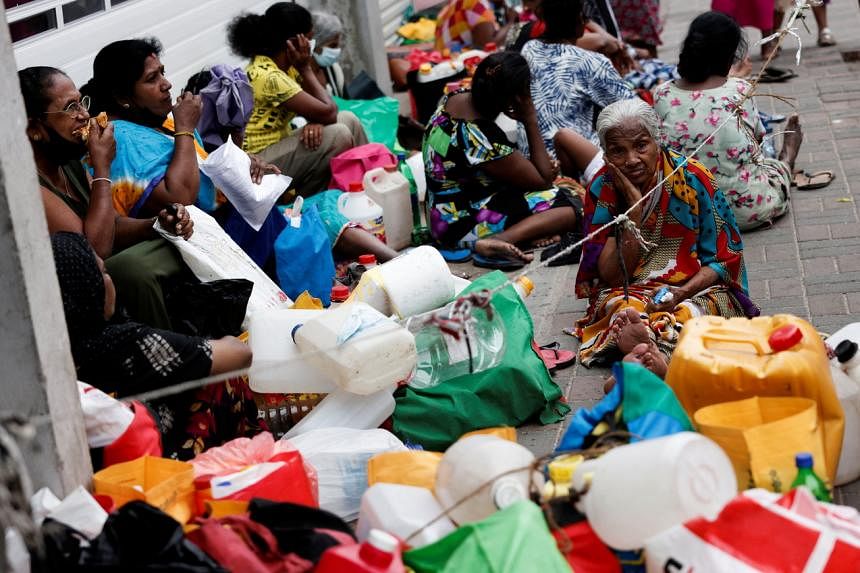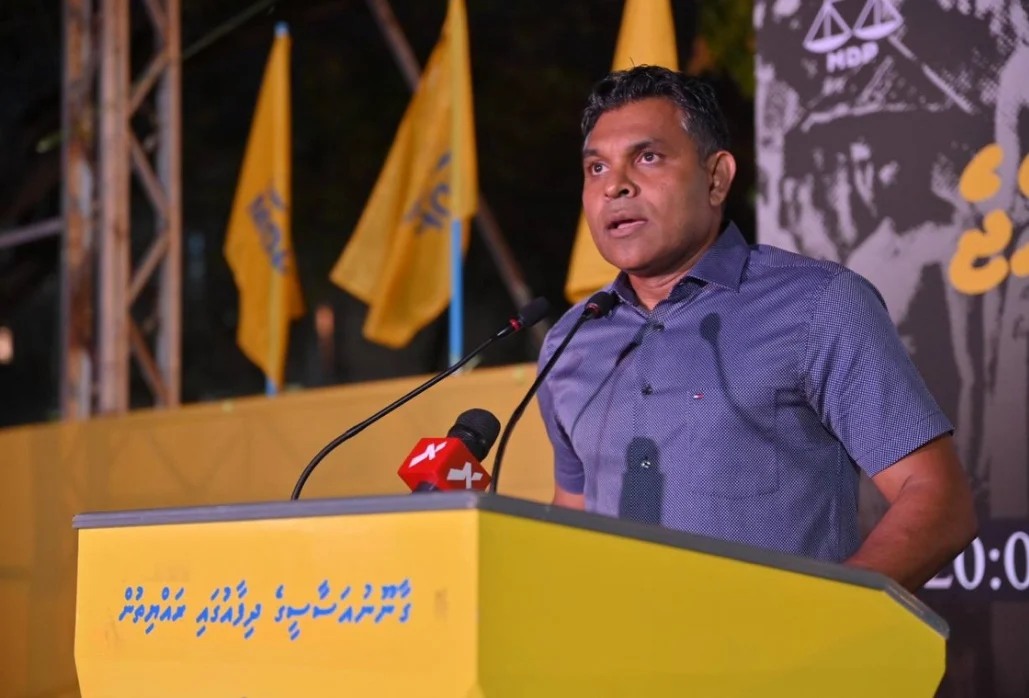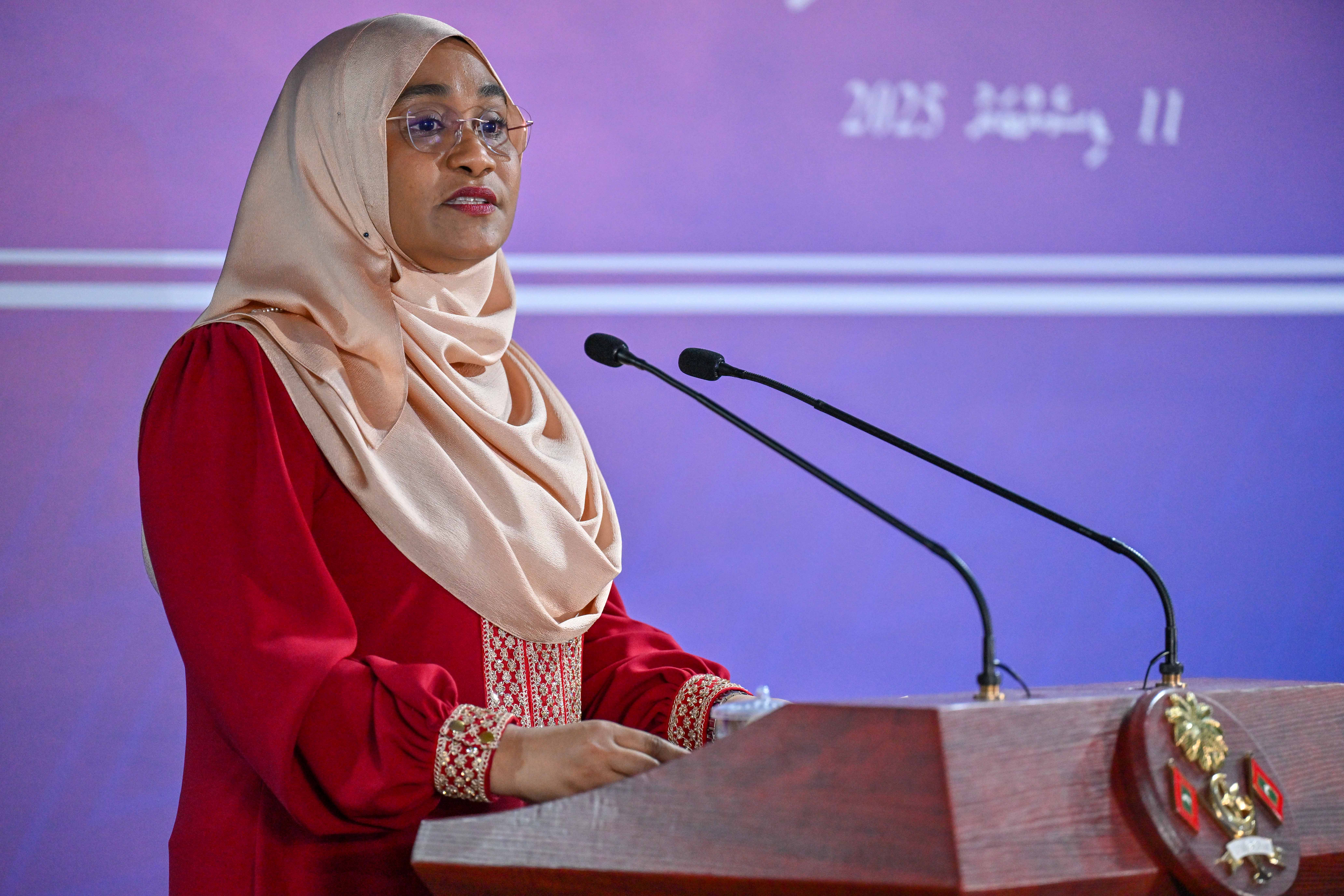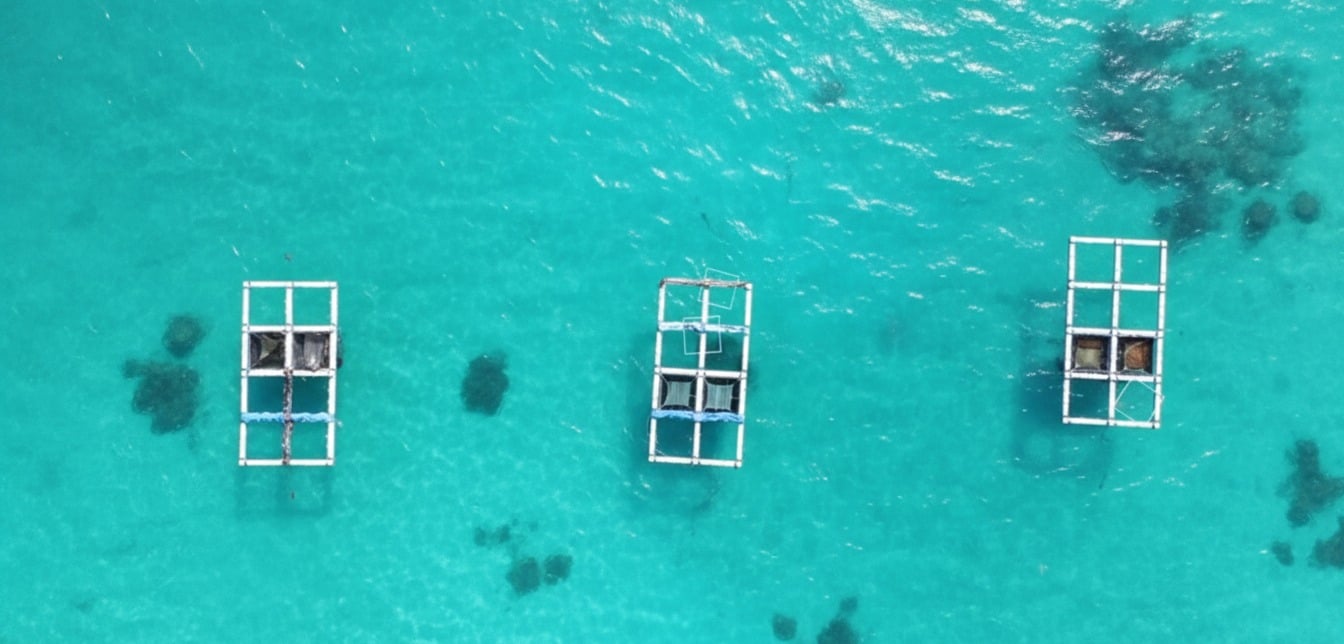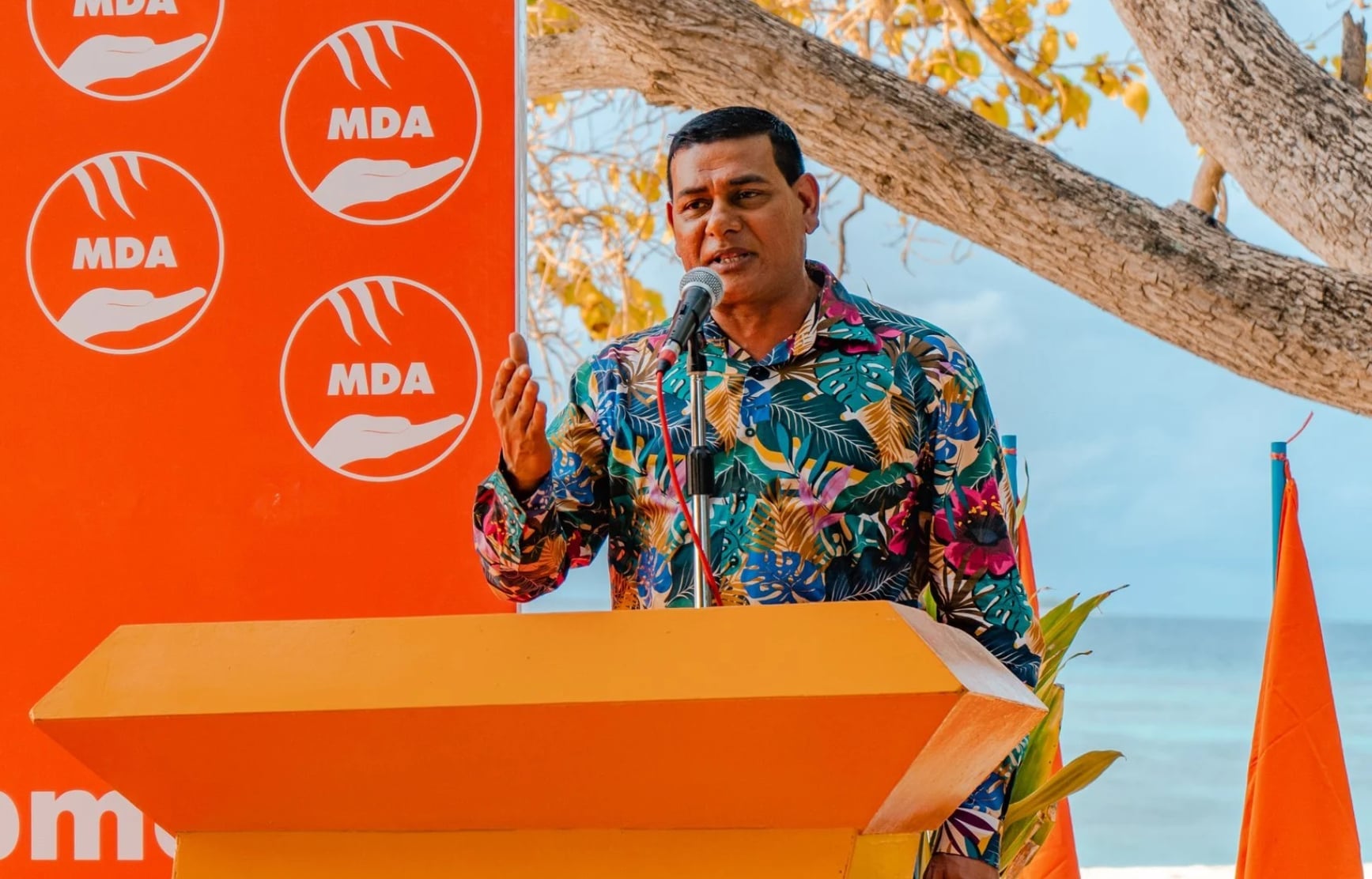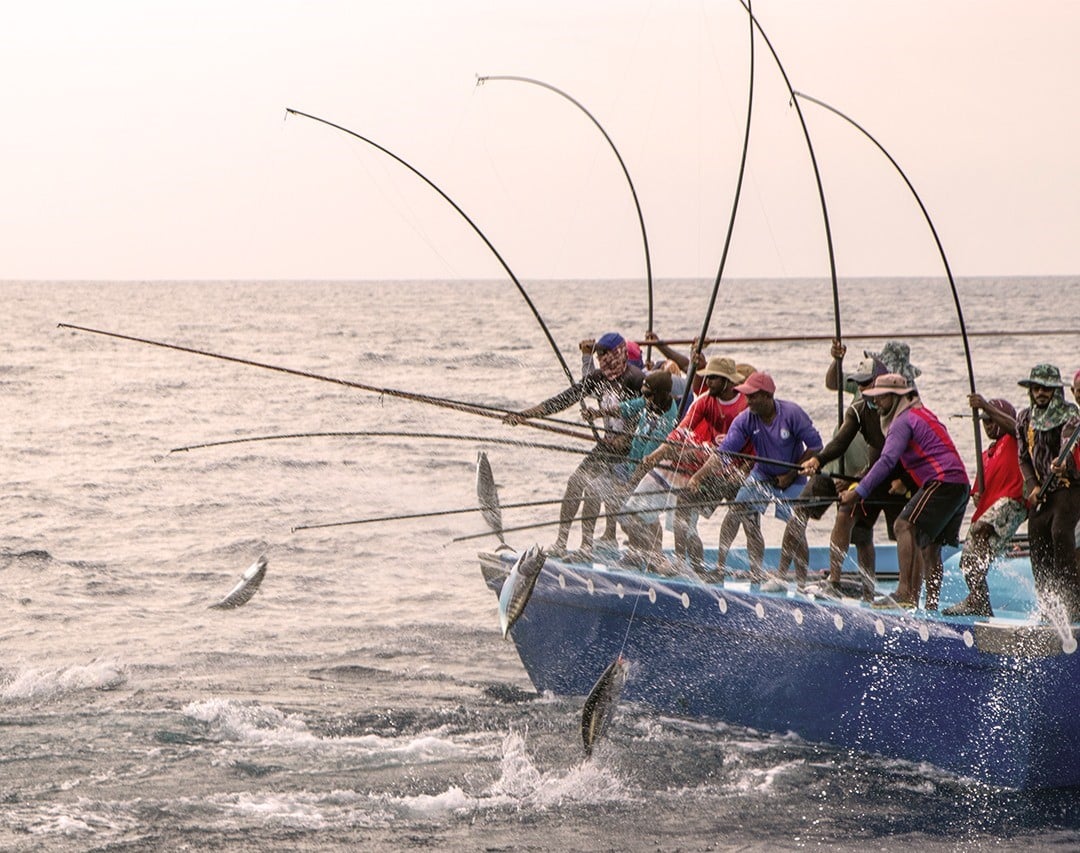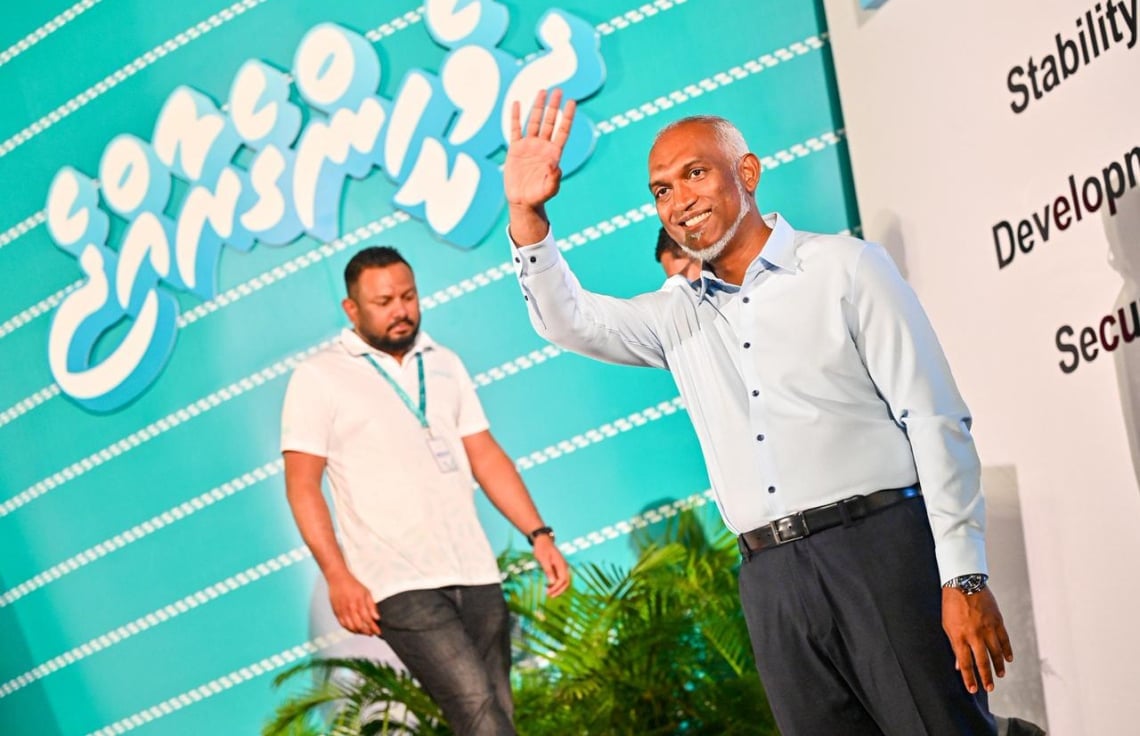Sri Lanka will stop printing money completely to control a rapid increase in the prices of commodities, its prime minister said on Tuesday, with inflation expected to reach 60 percent this year.
The cash-strapped country of 22 million people is battling its worst economic crisis in decades and has been unable to pay for essential imports for months because of a severe dollar crunch caused by economic mismanagement and the aftermath of the COVID-19 pandemic on its tourism-dependent economy.
Extreme shortages of petrol, food and medicines have led to the closure of many services, and triggered mass protests that have been ongoing since March. The island nation has been forced to shut schools and stop providing fuel to all but essential services.
Consumer prices rose 54.6 percent in June from a year earlier, with transport surging 128 percent from the previous month and food 80 percent.
“Our plan is to control inflation. By the end of this year, inflation will rise to 60 percent,” Prime Minister Ranil Wickremesinghe told parliamentarians.
“In 2023, we will have to print money with restrictions on several occasions. But by the end of 2024, it is our intention to stop printing money completely.”
Wickremesinghe announced the planned measures after last week’s complicated bailout talks with the International Monetary Fund.
The cash-strapped country of 22 million people is battling its worst economic crisis in decades and has been unable to pay for essential imports for months because of a severe dollar crunch caused by economic mismanagement and the aftermath of the COVID-19 pandemic on its tourism-dependent economy.
Extreme shortages of petrol, food and medicines have led to the closure of many services, and triggered mass protests that have been ongoing since March. The island nation has been forced to shut schools and stop providing fuel to all but essential services.
Consumer prices rose 54.6 percent in June from a year earlier, with transport surging 128 percent from the previous month and food 80 percent.
“Our plan is to control inflation. By the end of this year, inflation will rise to 60 percent,” Prime Minister Ranil Wickremesinghe told parliamentarians.
“In 2023, we will have to print money with restrictions on several occasions. But by the end of 2024, it is our intention to stop printing money completely.”
Wickremesinghe announced the planned measures after last week’s complicated bailout talks with the International Monetary Fund.





